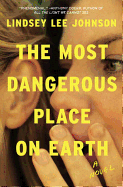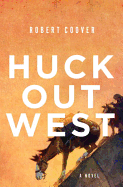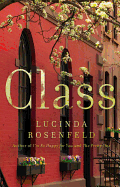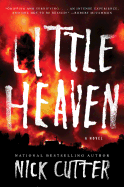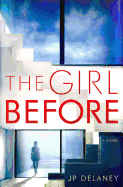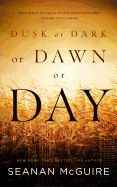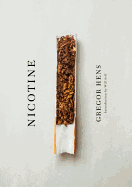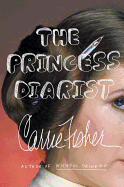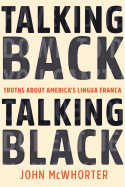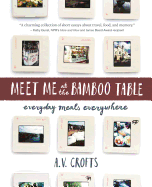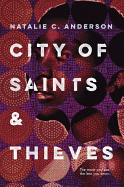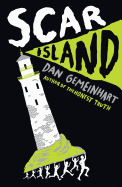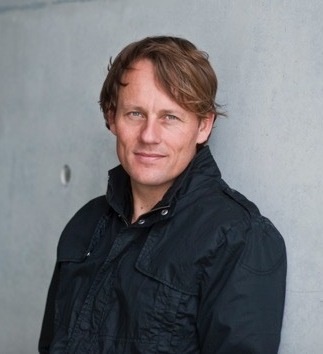 |
| photo: Peter von Felbert |
Gregor Hens has written six books--novels and short stories--and has translated works by Will Self, Jonathan Lethem, Leonard Cohen, Rawi Hage and George Packer, among others, into German. Hens was born in Cologne, Germany, and resides in Berlin. He has a Ph.D. in linguistics and has taught literature for more than 20 years, most recently at Ohio State University in Columbus. His memoir and "meditation," Nicotine, has just been published by Other Press. Our review is below.
What drew you to write about your struggles with nicotine?
I wrote the book because I wanted to say something that is both very personal and very general. My struggle with nicotine provided an opportunity to write about the mental processes that interest me, and also to tell my own story. I read a lot of Moshe Feldenkrais before and during my work on the book. He inspired me a great deal. The idea that we can't simply unlearn the habits we want to shake off, that we have to find productive work-arounds (which requires awareness), comes from Feldenkrais. I also wanted to write about the topography, the mental landscape of my life between the old West Germany, Ohio, New York and the new Berlin.
This book is very personal and revelatory.
Yes, a project like this only works if you are completely open.
Did you set out to write a book about your smoking addiction or did that topic evolve?
It was clear that the book was going to be about my history of nicotine addiction. Everything else just followed. I didn't feel like I needed to adhere to any particular genre. Writing, especially in creative nonfiction, always involves finding a (new) form; with some books this is more obvious than with others.
Was writing this book rewarding?
The greatest reward, always, is just to have written the book. It makes me very happy when people come to me and tell me that it has touched their lives in certain ways.
Your prose is beautiful--powerful, detailed and poetic.
Everything I do revolves around language. I write and I teach German (currently to Dartmouth College students studying abroad in Berlin and to Syrian refugees). I'm a linguist by training... syntax is my specialty.
The quirky visual images in the book--photographs, sketches--are a nice touch.
Those were my idea. I selected them, some I took--or drew--myself. It's a tribute to W.G. Sebald, whose work I admire.
Your mother figures into an early experience you had with nicotine. Would you also credit her with your well-read life and as an inspiration for your writing life?
My mother is only part of the story of my addiction, I don't attribute it to her, and, more importantly, I don't blame her. She died when I was fairly young. I'm 50 now, and I'm still trying to figure out what I got from her, and what I projected onto her. She was trained as an interpreter (English, French, German) and yes, very interested in literature. I suspect that she named me after a Franz Kafka character (Gregor Samsa), even though she always claimed I was named after Pope Gregory the Great!
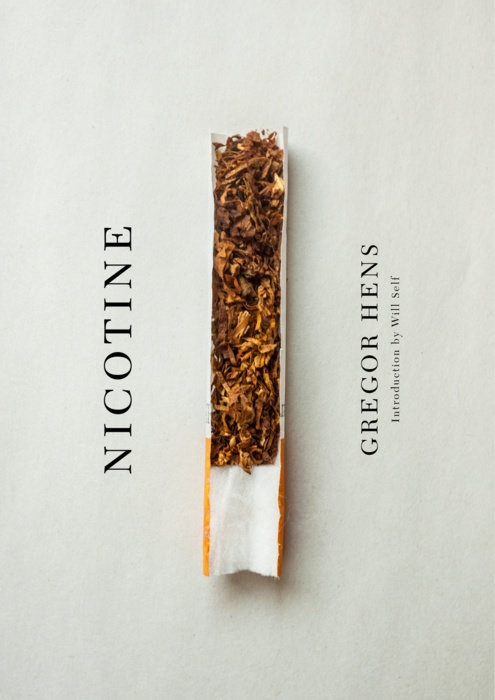 You encountered your first experience with tobacco when you were six. At what age did you become a "bona fide" smoker?
You encountered your first experience with tobacco when you were six. At what age did you become a "bona fide" smoker?
About age 13.
You've quit and gone back to smoking many times. What's the longest you've ever quit? Do you think you'll go back?
Five years is my record. I won't start again. A lot of people would demand an explanation from me, it wouldn't be worth the trouble--which, partially, was the point of writing the book. It's like an insurance policy against relapsing.
Were you ever tempted to replace your nicotine addiction with something else addictive?
I don't subscribe to the theory that one addiction replaces the other. I love endurance sport, and it has, in a way, replaced my smoking habit, but I'm not addicted to it.
Smoking in the U.S. has become a rather shameful taboo. How does it compare to smoking culture in Germany today?
It may be a shameful taboo in New York and California. However, things look a little different in rural America. So it's also a regional and social issue, like fast food. Nobody should be ashamed of smoking. Developments in Europe are similar, we're just a few years behind. I was never ashamed to be a smoker.
Do you feel "vaping" and the legalization of marijuana will impact the role of smoking in modern culture?
Vaping looks ridiculous, so I think it might be a fad. Imagine Audrey Hepburn or Humphrey Bogart vaping! Some people relapse after smoking weed, especially when it's mixed with tobacco. Not a good idea if you want to stay smoke-free.
There's a very well-drawn scene in the book where, among your many quests to quit smoking, you visit a Catholic hypnotist and smoking cessation specialist in Ohio.
Yes, he was an odd character: the way he cluttered up his beautiful home, the fact that he kept having to use the bathroom; even his coffee-table book said something about him. I don't have a problem with Catholics--in fact, I'm friends with a priest, whom I envy for his groundedness. I just don't think (Christian) prayer and meditation go very well together, as I explain in the book. I did, however, question the hypnotist's qualifications as a smoking cessation specialist since he, himself, had never smoked.
What it's like working with Will Self, who provides a wonderful introduction to Nicotine?
I serve as the German translator of work for Will Self--and very happily so. He is a very smart and funny man and a great writer. I'm extremely honored that he wrote the introduction.
You are known for your translation work, but Jen Calleja translated this book. Why did you not translate Nicotine?
I only translate from English to German, not the other way around. Most of us translate only into our native languages. Jen Calleja did a wonderful job, she really understood the book, she "got" the dry humor of certain passages. Her language is beautiful.
Would you hope this book would appeal more to smokers or to non-smokers?
I wrote the book for smokers, former smokers and non-smokers alike. It's not about cigarettes, it's about learning, about how we treat ourselves physically and mentally, and those things surely are of interest to everyone. A couple of people have told me that the book helped them to quit, but many others have told me that it has engaged them in other ways, and made them think about their own habits, how they formed, and about their own stories.
What do you hope readers will take away from Nicotine?
I have no particular agenda--I just hope readers will enjoy the book for what it is, that it will make them think and laugh and wonder.
What's next?
A novel, and a book-length essay about what Mark Twain has called the "awful German language." --Kathleen Gerard, blogger at Reading Between the Lines
Gregor Hens: 'Everything Revolves Around Language'
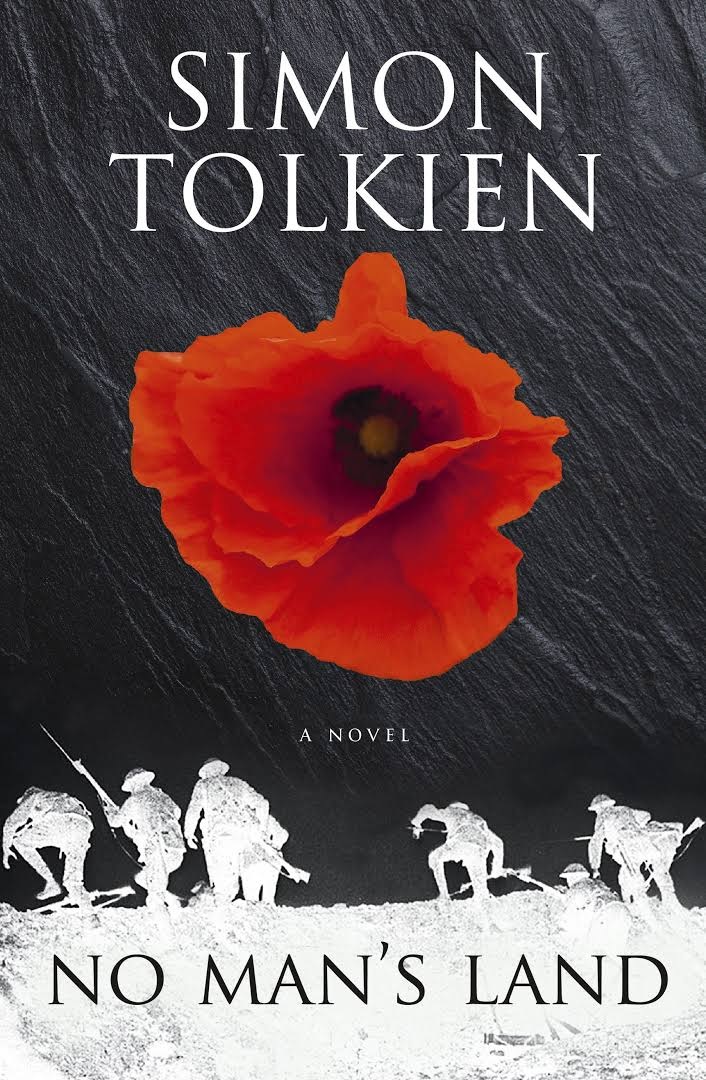



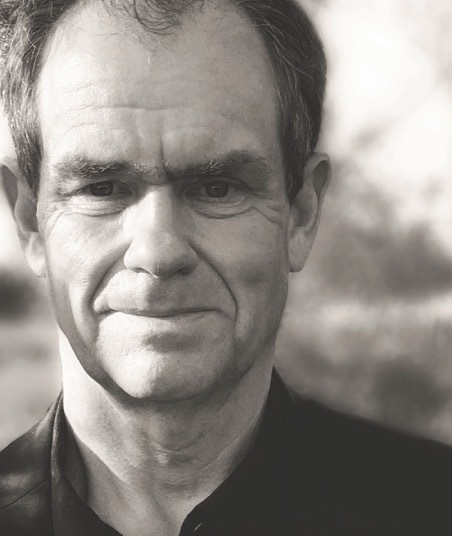

 You encountered your first experience with tobacco when you were six. At what age did you become a "bona fide" smoker?
You encountered your first experience with tobacco when you were six. At what age did you become a "bona fide" smoker?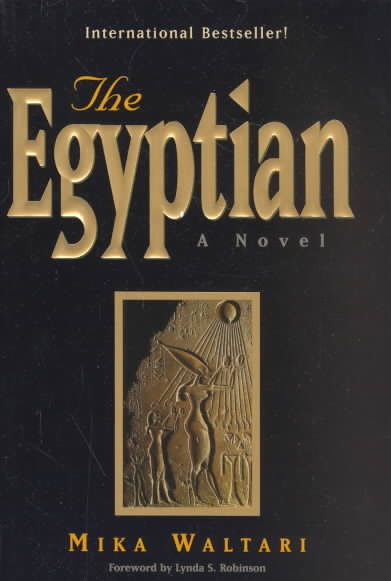 Mika Waltari (1908-1979) was a prolific Finnish author, poet, playwright and essayist whose breakthrough hit came in 1945 with the historical novel The Egyptian. It was first translated from Finnish into Swedish, and the abridged 1949 English translation by Naomi Walford came from the Swedish manuscript rather than Waltari's native tongue. The book became an international bestseller, and was adapted into a Hollywood film in 1954.
Mika Waltari (1908-1979) was a prolific Finnish author, poet, playwright and essayist whose breakthrough hit came in 1945 with the historical novel The Egyptian. It was first translated from Finnish into Swedish, and the abridged 1949 English translation by Naomi Walford came from the Swedish manuscript rather than Waltari's native tongue. The book became an international bestseller, and was adapted into a Hollywood film in 1954.